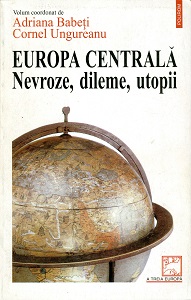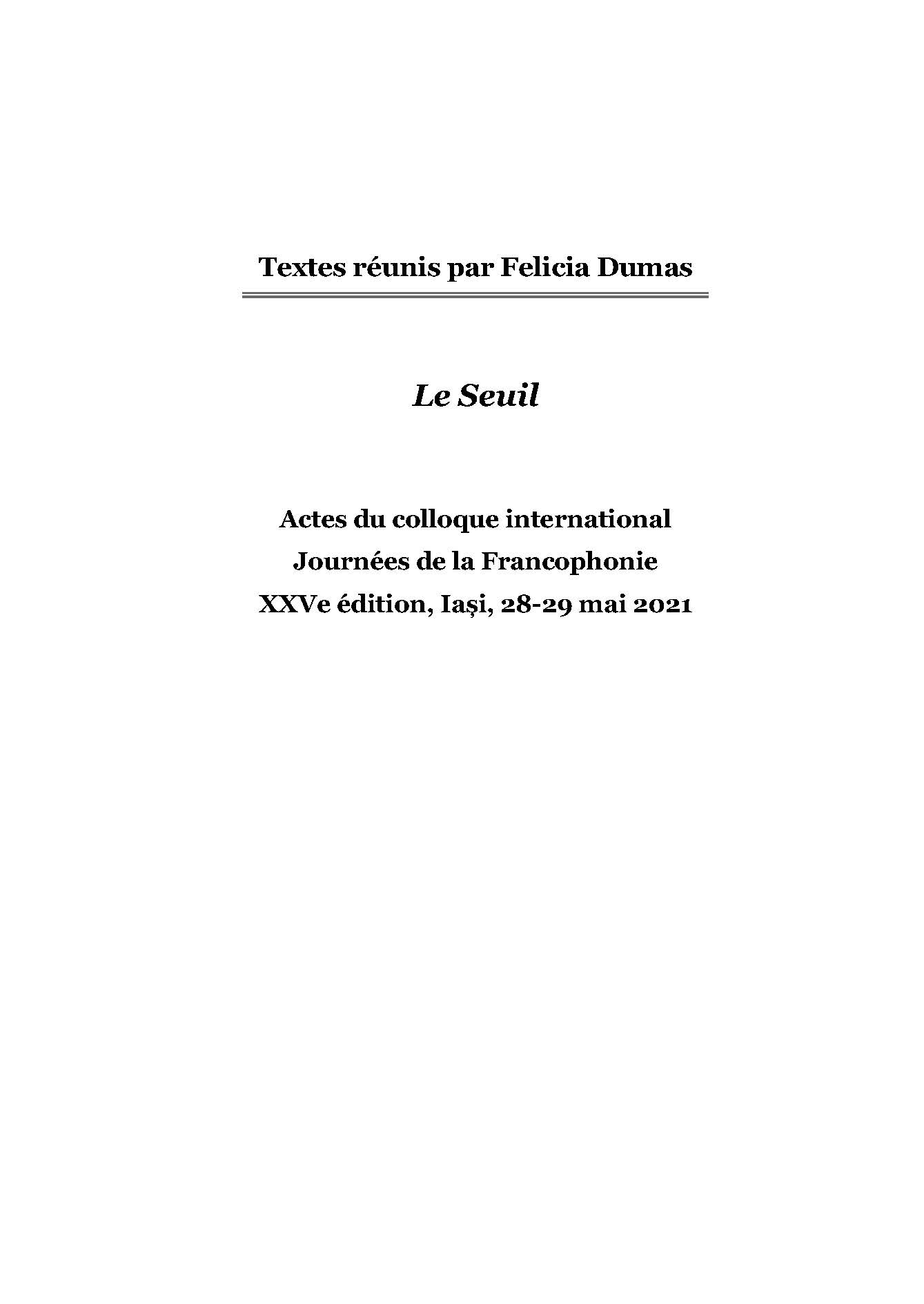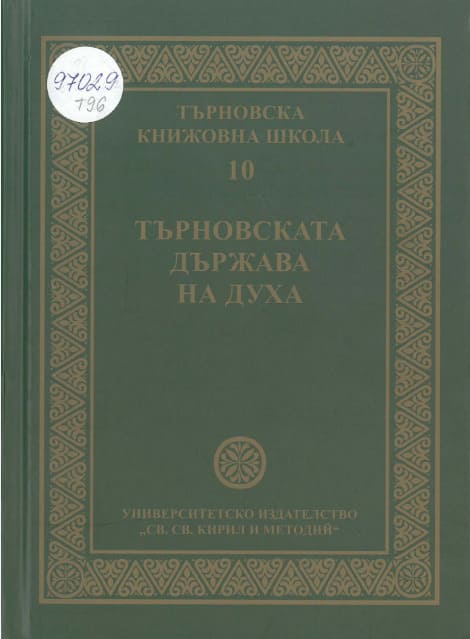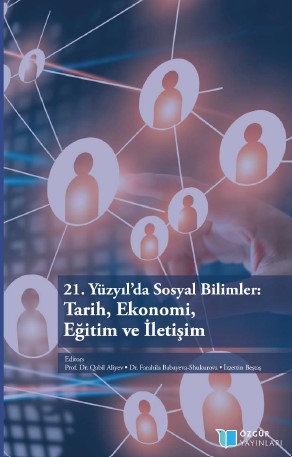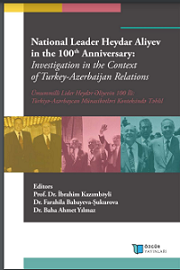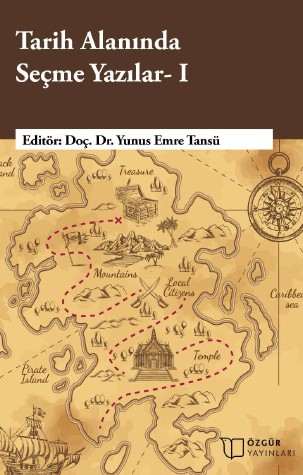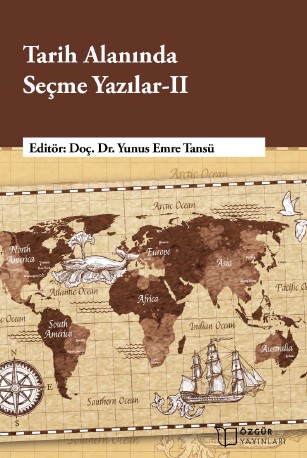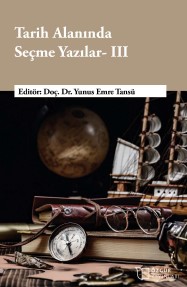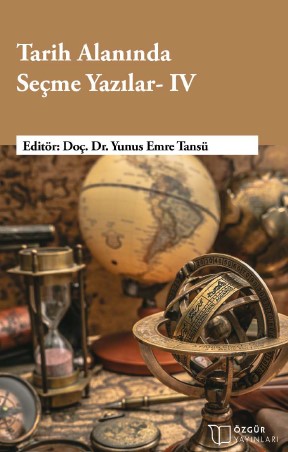Author(s): Radu Enescu / Language(s): Romanian
Publication Year: 0
Curînd după terminarea celei de a doua conflagrații mondiale, a avut loc la Geneva o conferință în care s-au reunit intelectualii marcanți ai Europei, care au discutat și s-au confruntat asupra viitorului bătrînului nostru continent. „Vedetele” acestei reuniuni au fost filosoful german Karl Jaspers, care reprezenta valorile democrației occidentale, și esteticianul Georg Lukăcs, care tindea să ilustreze pretinsa superioritate a țărilor răsăritene în drum spre socialismul ce le-a dus la inevitabila catastrofă. La acest conclav academic Jaspers i-a spus franc lui Lukăcs: „Dumneata dorești balcanizarea Europei, eu doresc helvetizarea ei”. Desigur, în 1946 cînd totul era încă fluid, cînd Estul nu se statornicise în tiparele rigide ale stalinismului importat cu forța,Jaspers preconiza un model posibil. Azi, actualitatea a devenit acută. Prin helvetizare, gînditorul german nu înțelegea o helvetizare a Europei în cantoane, ci o confederalizare a unor state independente, cu specificul lor, dar păstrînd anumite valori fundamentale ca libertatea, valoarea existenței individuale, respectarea drepturilor minorităților, societatea civilă consolidată, dreptul imprescriptibil la proprietate și last but not least relații civilizate între state și indivizi. Nu represiune, nu un naționalism tribal și xenofob, nu domnia bunului plac, la latitudinea unor comitagii autoinvestiți cu puteri absolute și capricioase. Jaspers afirmase odată că spiritualitatea europeană se întemeiază pe trei piloni de bază : profunzimea gîndirii elene, claritatea spiritului juridic roman și patosul eroic al profeților ebraici. într-un fel, preocupat de continuitatea axiologică a temeiurilor adînci ale Europei,Jaspers, în intervenția sa de la Geneva, pășea pe urmele istoricului elvețian Jakob Burckhardt, originar din Basel, o urbe ce reprezintă o Europă abreviată istoric și geografic, o Europă în miniatură. Burckhardt era acut interesat de crizele istorice, întrucît o fisură provoacă discontinuitatea, amenință umanismul, cu valorile sale culturale, zestre axiologică față de care istoricul din Basel manifesta mai mult decît o preocupare științifică, era angajat existențial vizavi de această Europă, eréde legitimă a umanismului clasic. Depășirea crizei rezidă în restaurarea continuității și în statuarea perenității valorilor culturii europene.
More...
